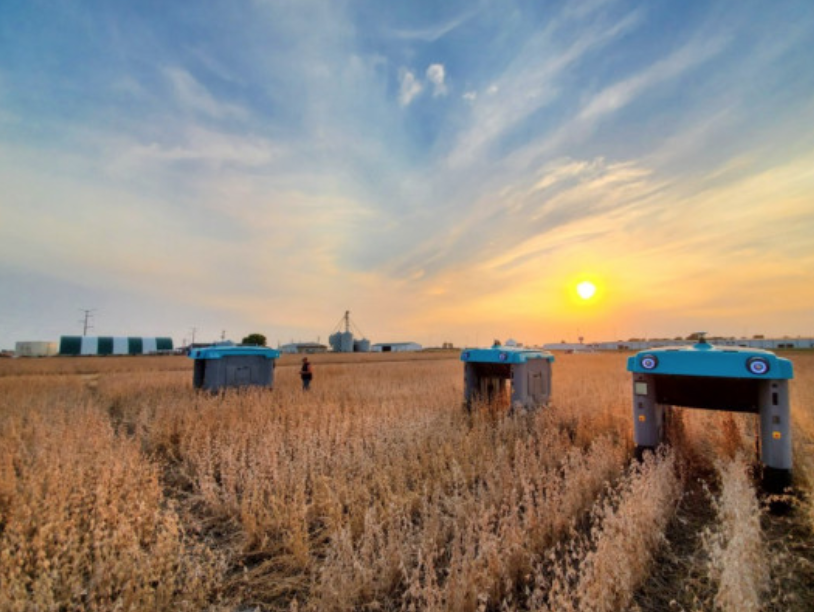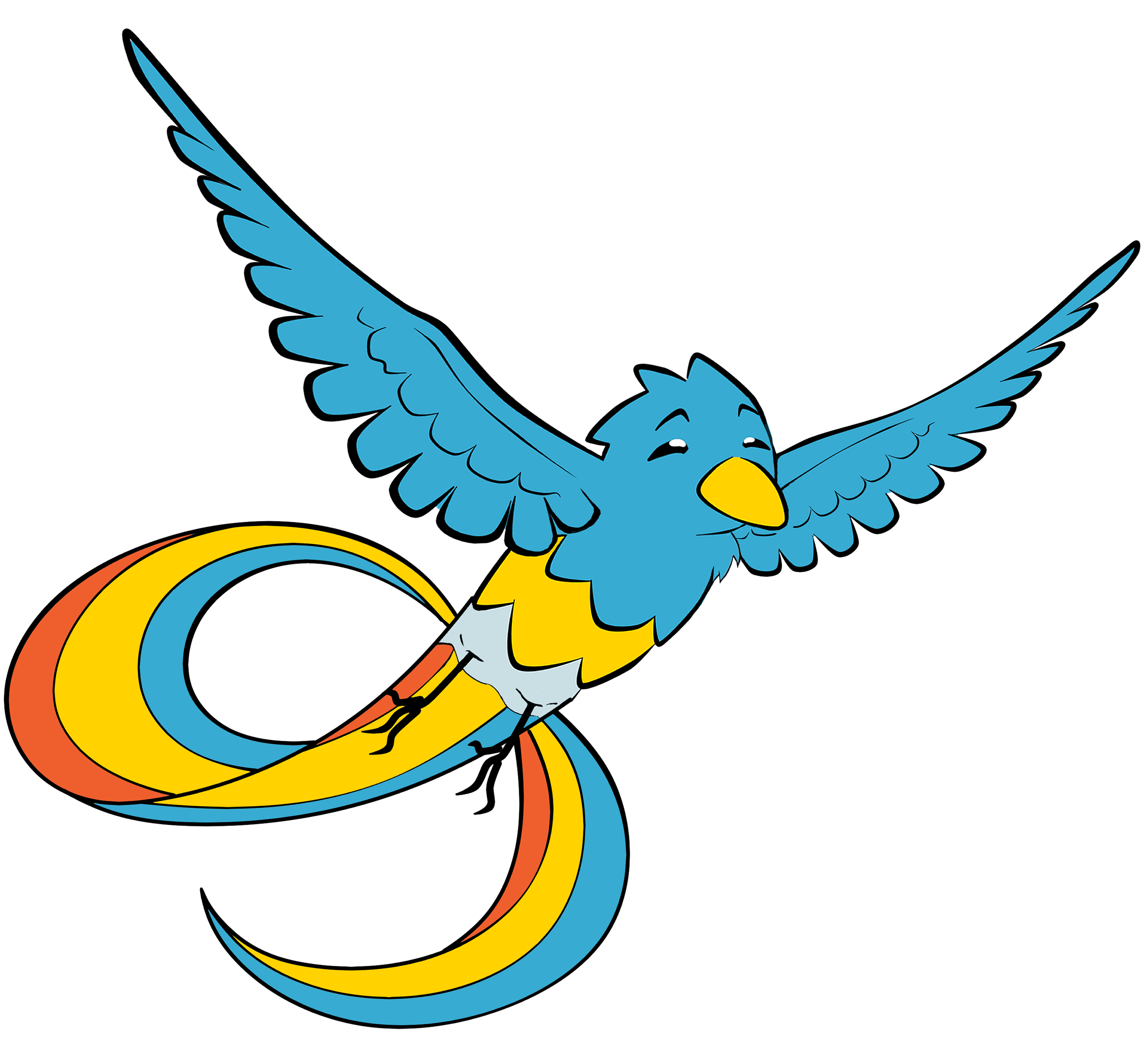

Arpitha Vinod [email protected]
About 1 in 10 people — around 11% of the world's population — do not have access to enough food on a regular basis . Alphabet, Google’s parent company, is working on Project Mineral —with the goal of engineering robot buggies that will cruise around fields to inspect individual plants and help farmers improve crop turnout using artificial intelligence.
Project Mineral’s main goal is to address the problem of world hunger and to improve food sustainability using the buggies. The four-wheel rover is equipped with sensors and cameras to collect data about crops, soil, and several other environmental factors . It can record plant height, leaf area, fruit size, and even check for bugs. The buggies also coast over the fields on top of pillars to lessen disturbance towards the plants.
From understanding growth cycles to identifying weather patterns, the buggies help farmers produce crops more efficiently and manage plant life through growing complications caused by global warming . Even relatively small increases in farming efficiency are a huge leap towards achieving this goal and contributing towards more sustainable crop yields. Project Mineral is opening a new pathway into computational agriculture —an emerging field of study that relies on both hardware and software to analyze information about crops.
“What if every single plant could be monitored and given exactly what it needed?” says project leader Elliot Grant. The buggy farmer is connected to a machine learning system that can help identify patterns for the farmers. Combined with satellite imagery and weather data, the system creates predictive models which help farmers make well-informed decisions about their crops. With the buggy’s help, farmers can now treat individual plants rather than entire fields, reducing costs and environmental effects.
So, can you purchase your own Project Mineral buggy right now to help you garden the plants in your backyard? Unfortunately, the buggies are not up for commercial release right now. However, the prototypes are currently being tested in farms in the United States, South Africa, Canada, and Argentina . In the United States specifically, the buggies study soybeans in Illinois and strawberries in California, and have analyzed other crops such as melons, lettuce, barley, oats, and berries.
While the buggies are out there cruising around and saving the world, certain ambiguities regarding data security and ownership of data are yet to be answered, as all this data is hijackable , posing security risks for farmers. Despite such concerns, Project Mineral has a bright future in improving farming sustainability and truly transforming the way food is grown.
